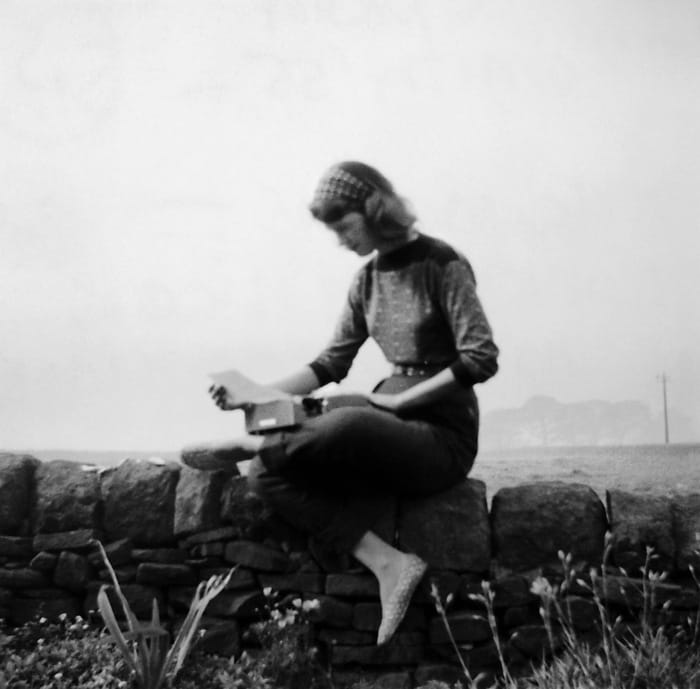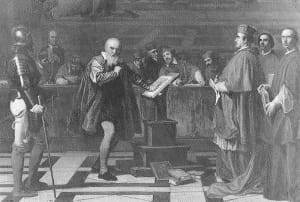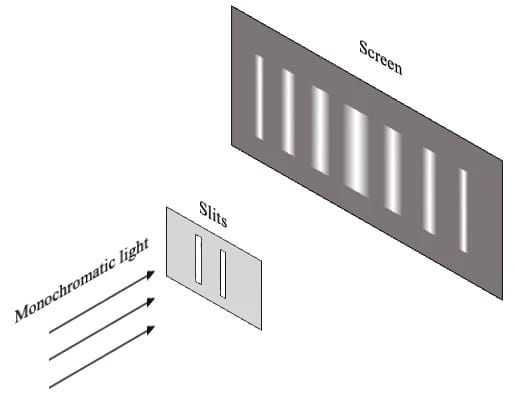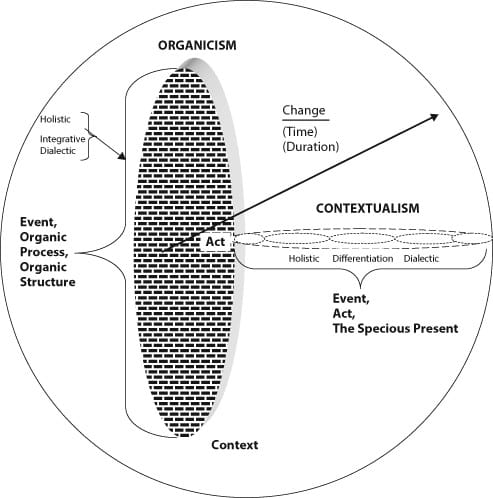- Myths of Technology
- Posts
- Why Fait Accompli is a Spiritual Enslavement
Why Fait Accompli is a Spiritual Enslavement
Exploring how quantum physics proves free will exists, and why it is our highest spiritual calling
Humanity has questioned the nature of its existence through the lens of determinism and free will for ages. Every single one of us has either said "maybe it was meant to be" or "you write your own future" at some point.
Recently, I found myself wrestling with the same thoughts while trying to ground myself. How am I supposed to know what is the best decision for my future? If everything is fait accompli, how much do my efforts make a difference? And how am I supposed to know it and work backwards towards it?
Should I pursue a master's and move to a different country? Should I go all in to grow this newsletter and help people think better? Should I just sign up for a full marathon and make it my anchor? Or should I stop thinking completely and backpack across as many countries as possible?

A photo of Sylvia Plath. She was an American poet, novelist, and short story writer, widely regarded as one of the most influential and emotionally powerful authors of the 20th century. I think for the first time ever, I actually understand what this quote means: “I can never read all the books I want; I can never be all the people I want and live all the lives I want. I can never train myself in all the skills I want. And why do I want? I want to live and feel all the shades, tones and variations of mental and physical experience possible in my life. And I am horribly limited.” (Courtesy: goodreads)
I don't know. I don't know if it's even possible to know. But it's worth trying to find an answer.
So let's take it one step at a time!
The Nature of Fait Accompli
Fait accompli, literally "accomplished fact" in French, refers to something that has already happened or been decided before those affected hear about it, leaving them with no option but to accept it. In philosophical terms, it closely aligns with hard determinism. It says that “everything that happens was bound to happen, including human actions, and this implies that choice is some sort of illusion.”
When you accept that your future is predetermined, you surrender your sense of agency. You stop taking responsibility for your choices because, deep down, you believe they don't really matter.
This psychological prison has been constructed throughout history by various forms of fundamentalism.
Fundamentalist religions preached that everything unfolds according to divine will, and there's nothing greater than the words of the books. This lacks any godly values of humility and reason. This led churches to march assaults on scientists in the 19th century.

The Trial of Galileo by Doug Linder (2002). In 1633, Galileo Galilei was brought before the Roman Catholic Inquisition for supporting the idea that Earth revolves around the Sun. The Church considered this heretical because it contradicted biblical teachings, placing Earth at the center of the universe. Despite his telescopic observations proving otherwise, Galileo was forced to recant under threat of torture and spent the rest of his life under house arrest. The trial represents the dangerous conflict between observable truth and dogma. Sadly, we’re still fighting the same wars even today. (Courtesy: law2.umkc.edu)
Scienticism worships science unconditionally, turning scientific findings into an absolute doctrine. Ironically, this makes scienticism deeply unscientific, as true science requires open-minded inquiry and testable hypotheses. This is also what prevents scientists from learning from the wisdom of metaphysics, philosophy, and art.
Modern spirituality falls into the same trap, where any “negative” emotion is considered one’s enemy. This creates strong aversion and judgments, pushing spiritual values like acceptance and compassion aside.
All these belief systems, despite their apparent differences, achieve the same psychological effect. They convince you that reality is fixed and your role is to accept, not create. They turn you into a spiritual prisoner, trapped by the bars of predetermined destiny.
But what if this idea is actually false?
The Modern Quantum Revolution
Quantum mechanics has fundamentally challenged our understanding of reality and causation. The famous double-slit experiment shows that particles exist in superposition, multiple states simultaneously, until the moment of observation collapses them into a single reality.
When photons pass through two slits, they create an interference pattern suggesting they went through both slits at once. But the moment we try to detect which slit they actually used, the interference pattern disappears. The particles "choose" to behave like particles instead of waves.

The double slit experiment
This means if observation changes reality at the quantum level, and you are made of quantum particles, then your consciousness is literally participating in creating your reality moment by moment.
The observer effect suggests that we don't just witness reality but actively participate in creating it. We're not passive recipients of a predetermined universe. We're co-creators in an ongoing process of reality formation.
Every moment of attention, every choice of focus, every decision about where to direct consciousness determines which of many possible futures becomes actual.
This means you always have a choice.
The Purpose of Humanity
If quantum mechanics reveals anything about human existence, it's that our purpose lies in experience itself.
Experiences are inherently spiritual because they happen in the present moment, a point in spacetime that has never existed before and will never exist again. Each moment is genuinely unique in the history of the universe.
Why would evolution create beings who experience the profound sense that their choices matter if choices were actually meaningless? The very intensity of our feeling that decisions have weight suggests that decision-making is our fundamental spiritual function.
This makes exercising free will the highest form of spirituality. Our freedom to participate consciously in reality formation becomes the ultimate spiritual liberation.
But what does it tell us about the nature of the universe?
Free Will as the Path to Unity
True spiritual liberation points toward oneness, the dissolution of the separate self into unity with existence. This union appears across every tradition.
AI researchers talk about the singularity. Religious mystics speak of union with the divine. Organicists describe the universe as a single, interconnected organism.

The diagram shows how Organicism (vertical) and Contextualism (horizontal) synthesize into a unified Process-Relational framework. Organicism emphasizes holistic, integrative, and dialectical processes that generate events, organic structures, and forms. Contextualism emphasizes change, time, and duration as development unfolds through events, acts, and the present within particular contexts. Their integration at the overlapping center generates a Process-Relational metatheoretical worldview that transcends the traditional Cartesian-Split-Mechanistic paradigm by rejecting false separations (mind/body, organism/environment) and mechanistic assumptions. The framework understands development as relational, where ongoing change and relationships constitute developmental phenomena rather than isolated parts or static structures. (Read more: researchgate)
Even within your own bodies, every cell operates with apparent autonomy, yet together they create the singular experience of being you. The cells don't lose their individual function by participating in the whole, but find their highest expression through it.
But what makes singularity different from fait accompli is that it can only emerge through the conscious exercise of free will.
Singularity is a state that emerges when individual free will aligns with collective creation. Therefore, the individual doesn't disappear. Instead, it finds its highest expression.
Your choices matter because they're genuinely free. And it's precisely this freedom that allows the universe to know itself, to experience itself, to create itself anew in every moment.
Free will isn't the obstacle to unity. It's the very mechanism through which unity emerges through evolution.
So maybe I don’t need to decide which decision will make me the person I’m destined to become, but choose what allows me to exercise my free will the most.
What about you? What choice have you been avoiding because you're waiting to discover the "right" answer?
Reply